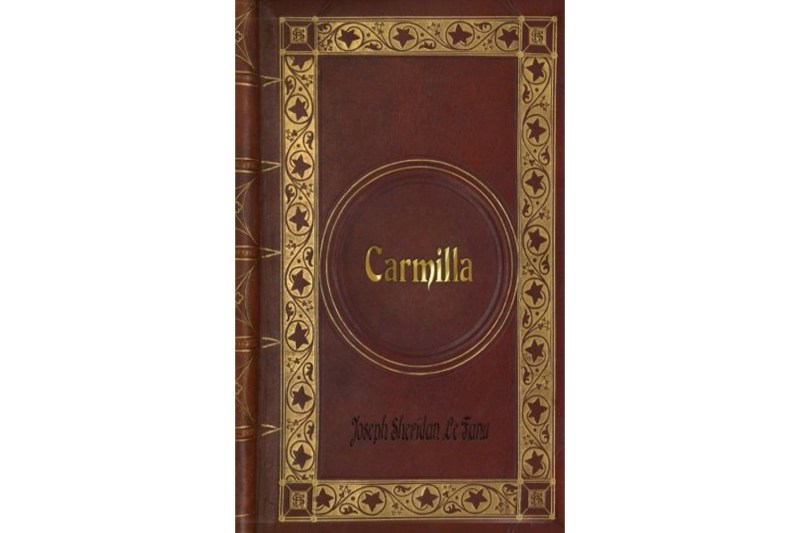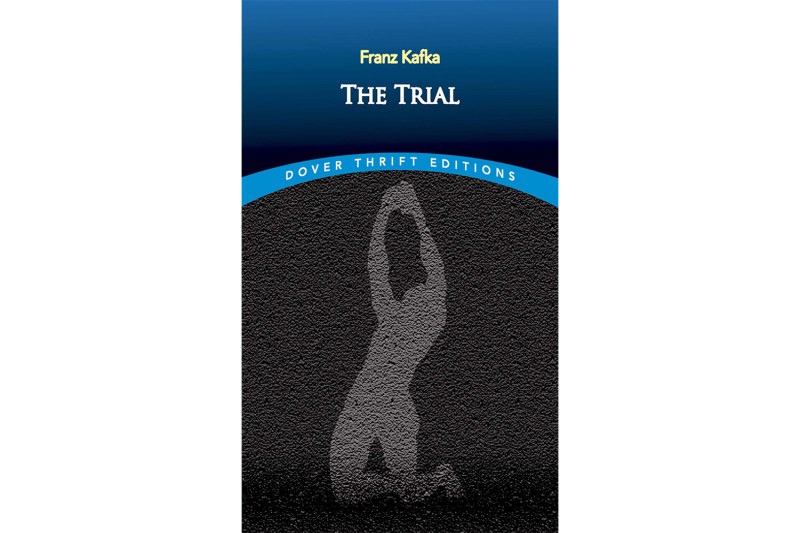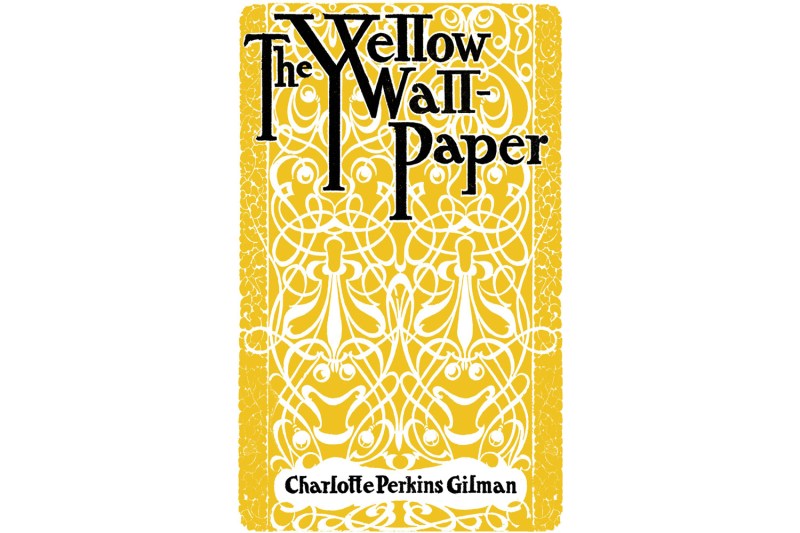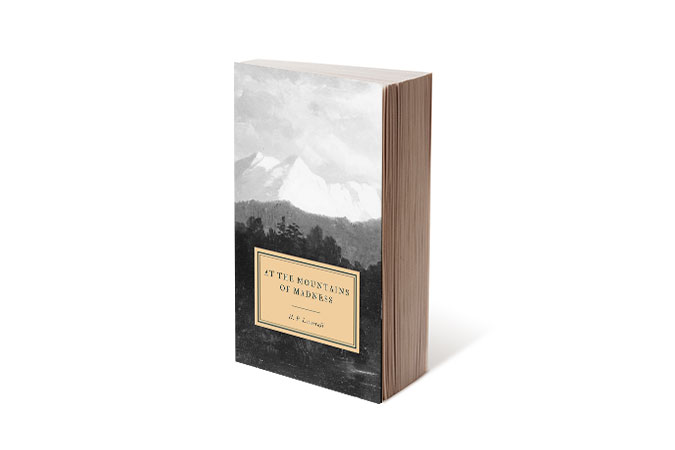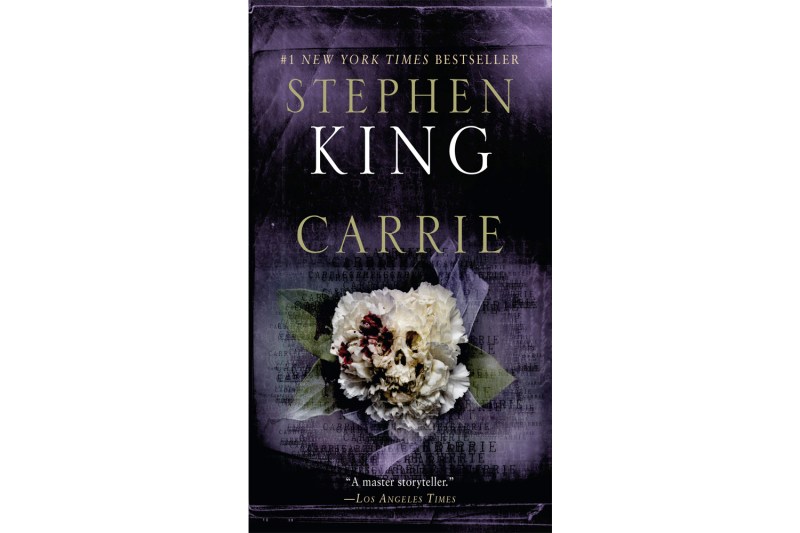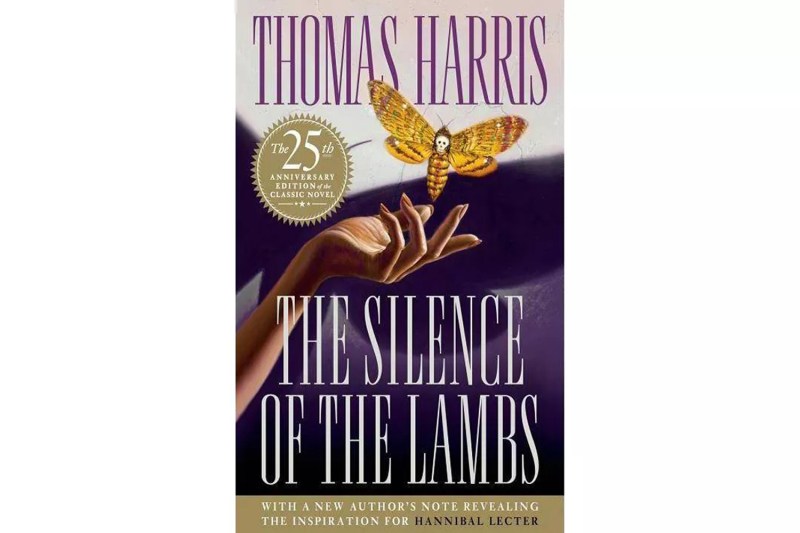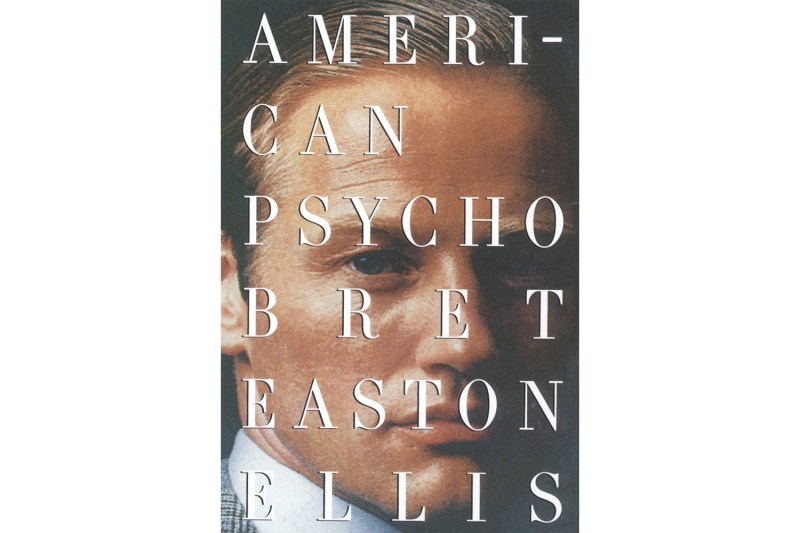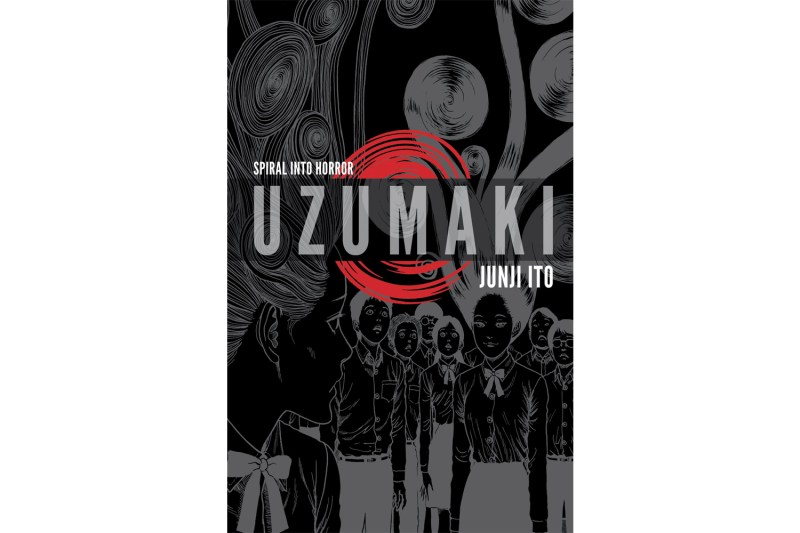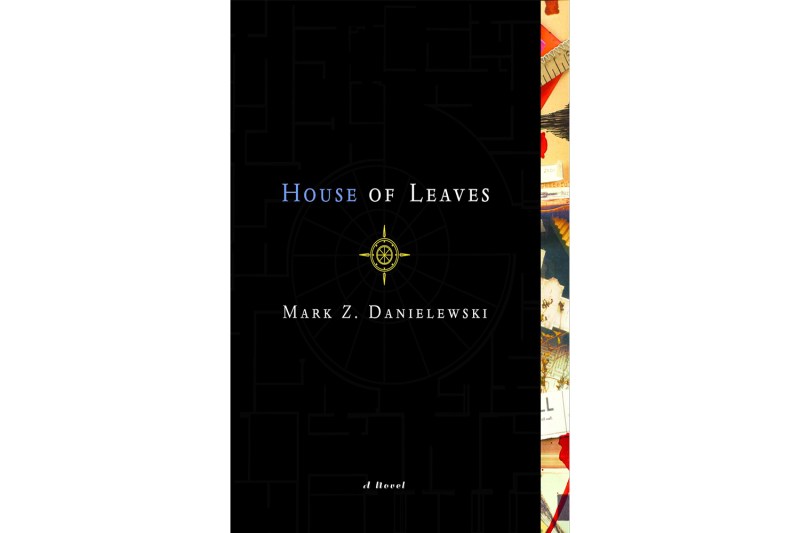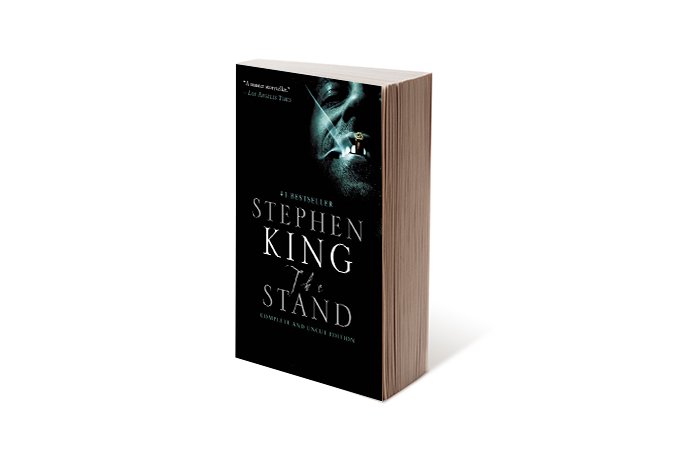Horror has probably existed since the beginning of the written word and covers themes ranging from the introspectively personal to the existentially absurd: It’s not just cheap thrills, ghosts, and demons! But sorting out the truly creepy from the quotidian is quite a gargantuan feat.
Because we want you to experience true horror, we’ve narrowed down the past 200 years of scary stories to a concise list of the best classic horror books. Beware, this list isn’t for the faint of heart. Maybe you’ll start hearing ominous sounds coming from the basement or under your bed. Or seeing a grotesque silhouette at the window. Who knows? After reading these books, we dare you to watch the best classic horror movies for the ultimate scare fest.
Frankenstein by Mary Shelley
In the Western literary tradition, Frankenstein is widely considered one of the foundational texts of the horror genre — and with good reason. Although it might not be frightening to audiences used to jump scares and gore, Mary Shelley’s enduring tale about a homunculus built from discarded corpses is a warning about humanity’s hubris. The book’s lushly poetic language and melancholic tone are far more darkly beautiful than the popular image of The Monster as a shambling, mute buffoon.
Carmilla by Joseph Sheridan Le Fanu
Leave it to men to get all the credit for fields pioneered by women! Dracula may be the most famous vampire novel of all time, but Carmilla, a lusty lesbian story starring the eponymous undead femme fatale, predates Bram Stoker’s novel by at least two decades — and is far more entertaining. Inspired by the real-life killer Elizabeth Bathory, who infamously bathed in the blood of young maidens, hoping it would grant her immortal beauty, Carmilla is an under-appreciated classic.
The Trial by Franz Kafka
Although more avant-garde and existentialist than traditional entries into the horror genre, The Trial is easily one of the most frightening books ever written. In it, Josef K. one day wakes to find himself accused of “gnostic turpitude,” a crime he didn’t commit and can’t understand. He’s sent on endless fetch quests to obtain obscure paperwork in the hopes of freeing himself from his legal dilemma but repeatedly finds himself in increasingly bizarre and inescapable scenarios. Few novels capture the feeling of being trapped in a nightmare as accurately as The Trial.
The Yellow Wallpaper by Charlotte Perkins Gilman
The Yellow Wallpaper is technically a short story, but we’ll let that slide. Taught in almost every creative writing class in the United States, this brief tale of a housebound wife subtly explores how patriarchy is the real boogeyman in most women’s lives. The author’s unsettling approach to the protagonist’s perplexing confinement is both deeply unnerving and deeply prescient, despite the tale being over 100 years old.
At The Mountains of Madness by H.P. Lovecraft
Few writers in the history of the English language are as adept at describing the indescribable as Lovecraft. His obsessive and over-the-top prose complements his surreal mythos, which is populated by ancient gods and the dark acolytes that hope to bring about their return.
Lovecraft’s collected works function as their own fully realized alternative world, and At The Mountains of Madness introduces one of the seminal figures in this vision: The fearsome Cthulu who — for better or worse — has lately become something of a cutesy meme. Nonetheless, Lovecraft’s comprehensive vision paved the way for the expansive fantasy universes that are popular in video games and on TV — all while exploring the vast cruelty and indifference of the cosmos.
Carrie by Stephen King
Stephen King’s massive output is almost unheard of in the history of literature, and choosing just one of his novels for this list is an impossible task. That being said, the quality of King’s work greatly varies over his expansive career — and a lot of the films he inspired are better than the books on which they’re based. The De Palma adaptation of Carrie is not one of those cases — although it is absolutely excellent — but the deeply emotional tale of abuse is only one aspect of the book, which is actually far more sci-fi-inflected than the movie would lead you to believe.
Carrie is King’s first novel and one of his best — told through fabricated news reports following the calamities the titular anti-hero catalyzed in her hometown; the story is also somewhat more experimental than King’s more traditional grizzly tales.
The Silence of the Lambs by Thomas Harris
Speaking of excellent film adaptations, Silence of The Lambs is one of the rare horror movies that garnered universal critical acclaim upon its release in 1991. The movie is definitely faithful to its source material, but Thomas Harris’s book is also a far more complicated and subtle character study than even the nuanced film could portray. Although ostensibly a tale of the fictional Dr. Hannibal Lecter’s escape from incarceration, the book explores the complexities of gender identity with a deftness and sensitivity far ahead of its time.
American Psycho by Brett Easton Ellis
Easton Ellis has proven himself to be a somewhat controversial figure in the years since his most famous novel debuted, but his exploration of malignant narcissism is a warning about the dangers of postmodern decadence, which flattens people and their personalities into collections of discrete luxury products. A sharp and sometimes darkly hilarious satire, American Psycho explores the internal world of a Wall Street yuppie in the midst of a nervous breakdown and reveals the emptiness of consumer culture and its totally vacuous moral world.
Although many pages — even entire chapters — of the book are just lists of trendy designer garments or high-priced restaurant menu items, the deadening impact of this banal rhetoric only makes the gruesome killings imagined by the main character even more starkly hideous. In the age of the social media influencer, Easton Ellis’s scathing critique of image-obsessed capitalist greed is more timely than ever.
Uzumaki by Junji Ito
There isn’t a clear monster or villain in Junji Ito’s gorgeously grotesque manga masterpiece. Instead, a small town in Japan becomes overtaken by a series of abstract spirals that begin morphing its denizens into hideous creatures and driving them all insane. It will be impossible to get Ito’s surreal and disgustingly detailed drawings out of your brain once they’ve wiggled their way in. Don’t expect any concise conclusions or moral lessons here — instead, you’ll find only queer curiosities and a healthy helping of abject nausea.
House of Leaves by Mark Z. Danielewski
House of Leaves is fairly young, but it has quickly obtained its status as an instant classic by garnering a rabid cult of devout followers. Danielewski’s expansive 1,000-plus page experiment is a deeply disturbing postmodern deconstruction of your standard haunted house story.
As the protagonists explore an inexplicably growing labyrinth hidden in their basement, the words on the pages literally begin rearranging themselves to reflect mounting insanity, forcing both the characters and the reader to question reality itself. There’s a kind of choose-your-own-adventure aspect to the book’s ergodic structure, which rewards readers who dare retread the novel’s expansive, philosophical footnotes for clues.
The Stand by Stephen King
Remember when we said earlier that choosing just one Stephen King horror novel for this list was an impossible task? We were right. The Stand was first published in 1978 and then rereleased in 1990 as The Stand: The Complete and Uncut Edition, where King restored over 400 pages to the book and revised the order of the chapters, which made The Stand King’s longest novel, but the extra material was a hit, as the book became a bestseller and sold over 4.5 million copies.
The Stand tells the story of a postapocalyptic America, where most of the population has been killed by a strain of superflu known as “Captain Trips” (sound familiar?) and the battle between two groups of survivors. The story was scary enough when it first came out, but it hits especially hard now in a post-COVID world. Still, The Stand is a classic horror book that is worth checking out.


